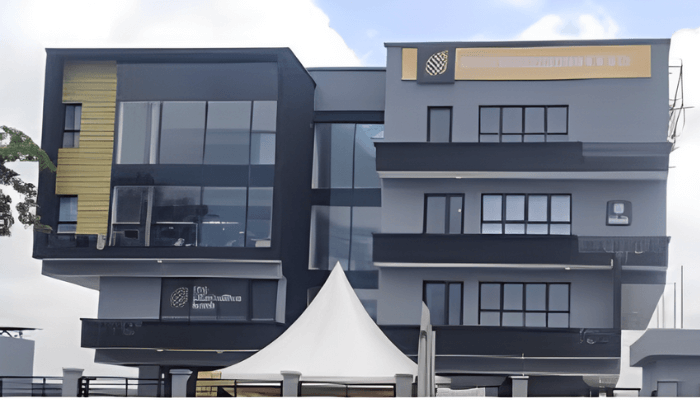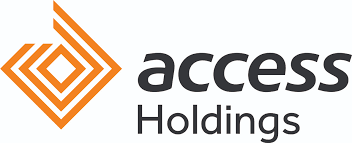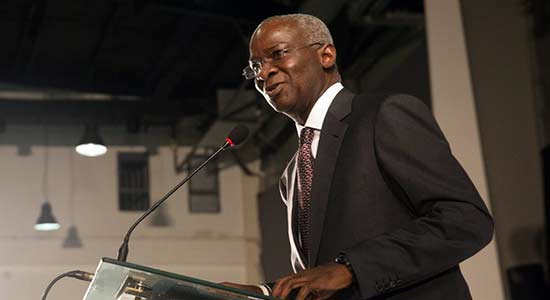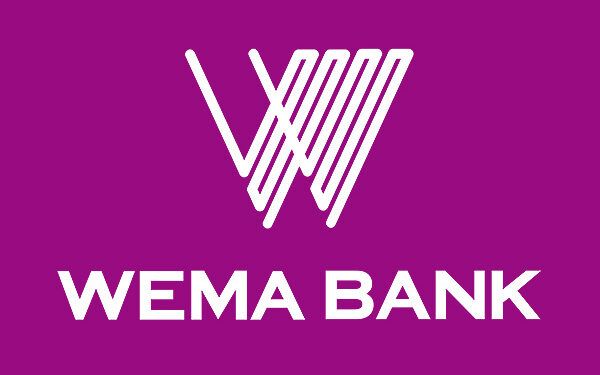By Ayomide Otitoju
Fidelity Bank Plc has solidified its status among Nigeria’s top seven banks by assets, after growing its balance sheet by N1.63 trillion in the first quarter of 2025.
Regulatory disclosures filed with the Central Bank of Nigeria (CBN), Securities and Exchange Commission (SEC), and Nigerian Exchange (NGX) revealed that the bank’s total assets rose from N8.82 trillion as of December 31, 2024, to N10.45 trillion by March 31, 2025—underscoring Fidelity Bank’s rapid growth and resilience.
The bank also reported strong deposit growth, with total customer deposits increasing from N5.94 trillion in December 2024 to N6.6 trillion in Q1 2025. Notably, low-cost deposits accounted for N6.1 trillion or 92.2% of total deposits—demonstrating the bank’s growing appeal to retail and institutional customers alike.
Shareholders’ funds rose from N897.87 billion to N933.14 billion over the same period, driven largely by a significant boost in profitability. Fidelity Bank recorded a 167.8% jump in pre-tax profit, rising from N39.5 billion in Q1 2024 to N105.8 billion in Q1 2025. Gross earnings surged by 64.2%, climbing to N315.4 billion from N192.1 billion year-on-year.
The bank’s impressive financial performance has been linked to the expansion of its earning asset base and increased non-interest income, including gains from foreign exchange, trade finance, and commissions on banking services.
Financial analysts have highlighted Fidelity Bank’s strong balance sheet and profitability as major drivers of positive investor sentiment. Experts note that a dual emphasis on asset quality and earnings performance is key to the long-term sustainability of any financial institution.
A study by the International Monetary Fund (IMF) reinforces this view, noting that banks with robust balance sheets were better positioned to maintain credit flow during global financial crises. The IMF concluded that higher capital quality and structural liquidity helped banks withstand market shocks—aligning with global regulatory reforms under Basel III.
Investor confidence in Fidelity Bank has been reflected in its share price performance. As of this week, the stock has delivered a year-to-date return of 18.86%—more than double the NGX Banking Index return of 8.24%, and nearly triple the All Share Index (ASI) return of 6.59%.
Market activity around the bank has also been brisk. A recent NGX filing showed a top Fidelity Bank director acquired shares worth over N366 million this week, signaling strong insider confidence. The transaction, fully disclosed as required by market regulations, helped position the director for further equity gains.
Meanwhile, Fidelity Bank’s stock was the most actively traded on the NGX yesterday, underscoring sustained interest from investors and positioning the bank as a market favorite.
With strong financials, a growing customer base, and a robust asset portfolio, Fidelity Bank appears poised for another year of accelerated growth—further cementing its standing as one of Nigeria’s leading financial institutions.











